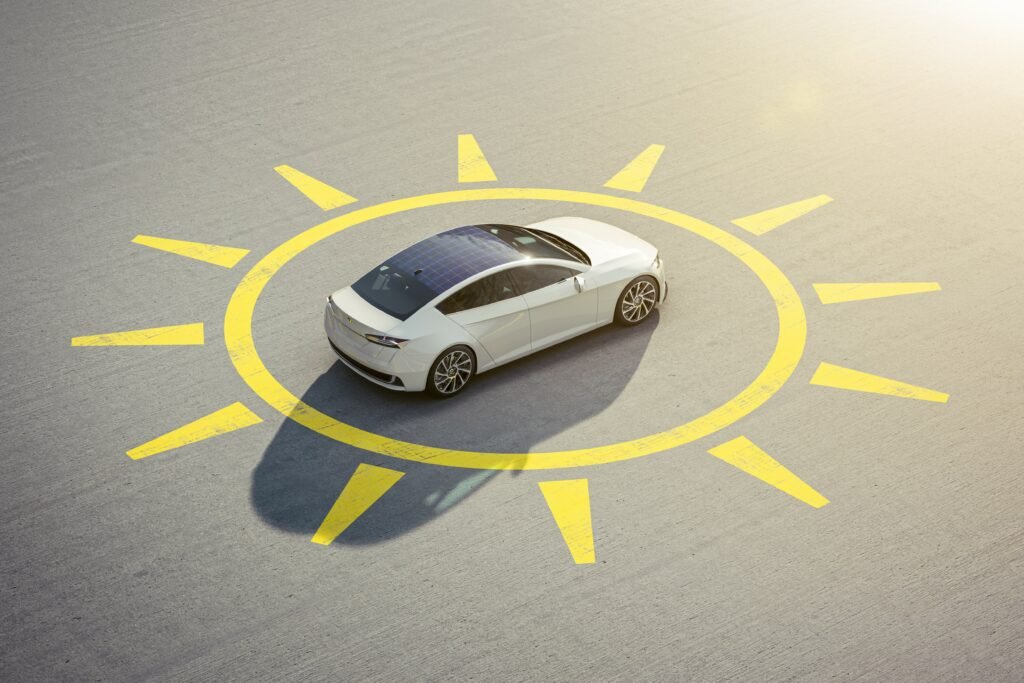
- Challenges:
- Limited Range: Solar cars often have a limited range, as they rely on sunlight to generate power. They may need additional charging methods for longer journeys or during periods of low sunlight.
- Weather Dependence: The efficiency of solar panels is affected by weather conditions. Cloudy or rainy days can reduce the amount of sunlight available for charging.
- Future Prospects:
- Ongoing research and development aim to improve the efficiency and practicality of solar cars.
- Advances in energy storage technologies, such as batteries, can enhance the performance and range of solar-powered vehicles.
- Educational and Research Purposes:
- Solar car projects are often undertaken by educational institutions and research organizations to explore sustainable transportation solutions and promote clean energy.
While solar cars are not yet widely adopted for everyday use, ongoing advancements in technology and growing interest in sustainable transportation may contribute to their increased viability in the future.
Photovoltaic Cells:
- Solar cars use photovoltaic cells, commonly made of silicon, to capture sunlight and convert it into electrical energy.
- These cells are typically arranged in solar panels, which are integrated into the car’s design.
Design and Construction:
- Solar cars are designed with a focus on aerodynamics and lightweight materials to maximize energy efficiency.
- The surface of the car is covered with solar panels to capture as much sunlight as possible.
- Some solar cars are built with a single-person cockpit to reduce weight and increase efficiency.
World Solar Challenge:
- The World Solar Challenge is one of the most prominent solar car competitions, covering a distance of about 3,000 km across the Australian Outback.
- Teams from around the world participate, showcasing their solar car designs and competing for the fastest time.
Commercial Solar Cars:
- While solar cars are still in the experimental and prototype stage, some companies have developed solar-powered vehicles for practical use.
- These commercial solar cars are often designed for specific purposes, such as commuting or urban transportation.
- Challenges:
- Limited Range: Solar cars often have a limited range, as they rely on sunlight to generate power. They may need additional charging methods for longer journeys or during periods of low sunlight.
- Weather Dependence: The efficiency of solar panels is affected by weather conditions. Cloudy or rainy days can reduce the amount of sunlight available for charging.
- Future Prospects:
- Ongoing research and development aim to improve the efficiency and practicality of solar cars.
- Advances in energy storage technologies, such as batteries, can enhance the performance and range of solar-powered vehicles.
- Educational and Research Purposes:
- Solar car projects are often undertaken by educational institutions and research organizations to explore sustainable transportation solutions and promote clean energy.
While solar cars are not yet widely adopted for everyday use, ongoing advancements in technology and growing interest in sustainable transportation may contribute to their increased viability in the future.
